
Individuals with age-related hearing loss should not be treated with “standard” hearing aids, but fitted to their personal needs, while avoiding settings that add distortion.

Individuals with age-related hearing loss should not be treated with “standard” hearing aids, but fitted to their personal needs, while avoiding settings that add distortion.
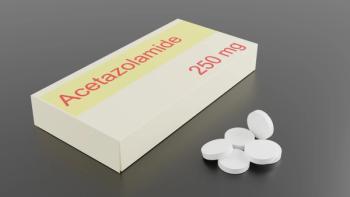
Idiopathic intracranial hypertension was previously considered a rare condition, however, its prevalence is increasing in parallel with obesity in patient populations.
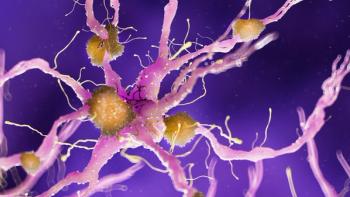
Participants were able to stop treatment after achieving amyloid plaque clearance and experience lasting results.
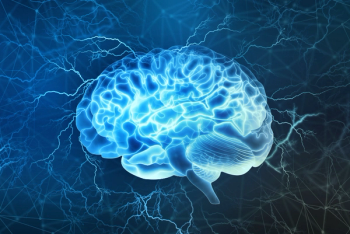
Neither of the 2 current standards of care offers patients a cure.
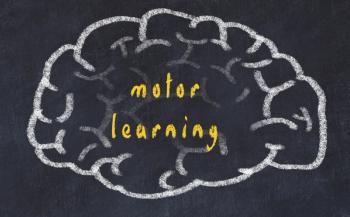
Study suggests supplemental oxygen may improve cognitive functions that are vital in motor learning, which can be important for people with neurological conditions or trauma.
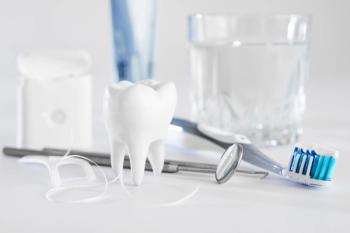
Tooth loss and gum disease may play a role in the health of the brain area that controls thinking and memory.
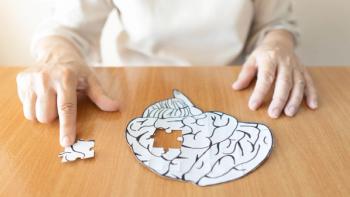
Expert Nikhil Palekar, MD, said that although the treatment is far from a cure, it is a vital first step toward other treatments for Alzheimer Disease.

Lecanemab-irmb is the first amyloid beta-directed antibody to be converted from an accelerated approval to a traditional approval for the treatment of Alzheimer disease.
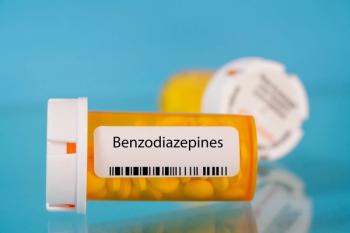
The safety and efficacy of long-term benzodiazepine use beyond the recommended timeframe is not well understood.

To slow the production of MCI and dementia, utilizing more ways of establishing the diagnoses for women can prevent the progression.
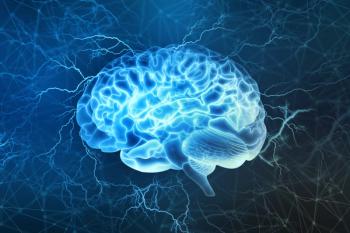
Despite prior studies showing less brain injury biomarkers in patients with targeted mild hypercapnia, findings from a new trial suggest it does not improve neurological outcomes at 6 months.
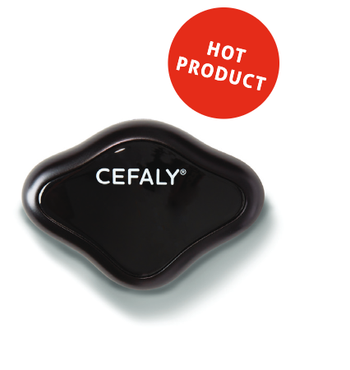
Includes hair growth supplements and nicotine lozenges.

Utilizing longitudinal assessments of language impairment and clinical progression could help identify challenges earlier.
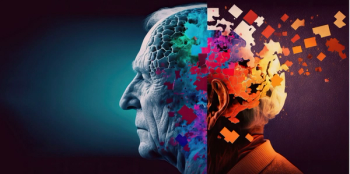
Leqembi is an intravenous injection for the treatment of Alzheimer disease.

Standard prediction models that assess an individual’s risk of developing dementia and how to prevent it are limited in their ability to do so, showing high error rates and a higher chance of receiving a false-positive result, according to a recent study.

Study evaluates the interaction between excessive salt intake and hypertension, cognitive dysfunction, and dementia.

Neuromyelitis optica spectrum disorder is an autoimmune disease characterized by severe attacks of optic neuritis and/or myelitis, leading to possible visual loss, paralysis, cognitive impairment, sensory deficits, bladder dysfunction, and even mortality.
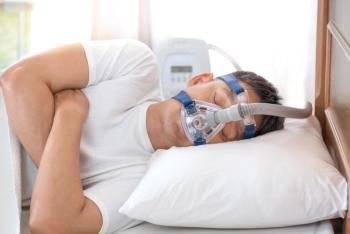
Recent debates have surrounded whether cognitive deficits, specifically in middle-aged patients, may be driven by cardiovascular and metabolic comorbidities instead of distinct obstructive sleep apnea processes.

Untreated hearing loss can affect communication, loneliness, and lead to severe illness, such as dementia.
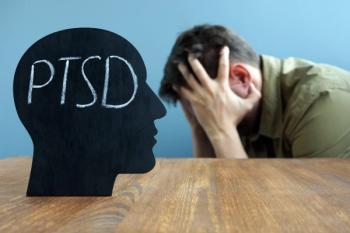
The steroid could be more effective for veterans with post-traumatic stress disorder who do not have a history of traumatic brain injury.
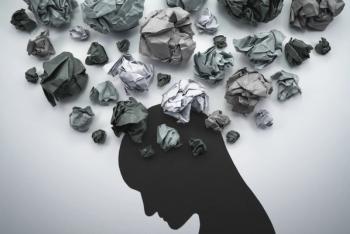
Anxiety disorders create social and economic burdens as the availability of effective anxiolytic treatments are low.
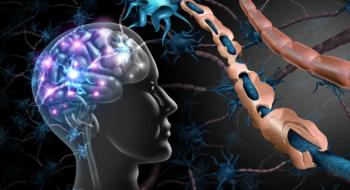
Long-term data show that early treatment with ofatumumab decreased confirmed disability worsening in nearly all study patients with relapsing multiple sclerosis.
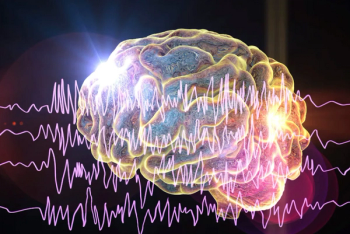
Many patients with post-COVID-19 condition reported perceived cognitive deficits early during their COVID-19 infection as well.
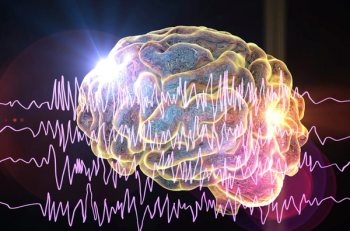
As demand increases, pharmacies can diversify by offering brain-function assessments to patients.

A novel collaboration between the University of Pennsylvania and US Anesthesia Partners is working to drive evidence-based change in benzodiazepine use.